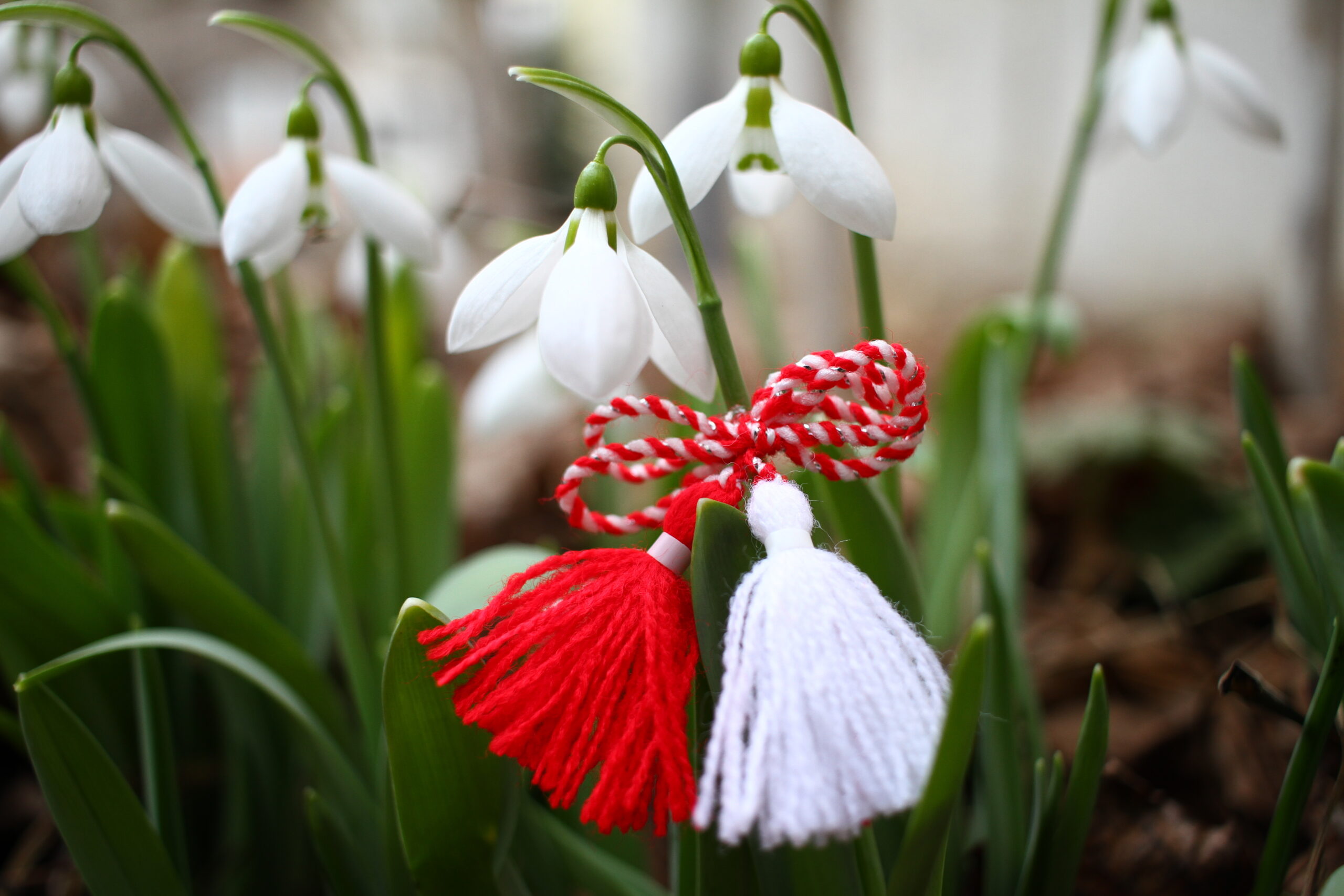🌸 Happy Mărțișor! 🌸

As we welcome the arrival of March, I want to extend warm wishes to all my friends and colleagues celebrating this beautiful tradition – Happy Mărțișor! On the 1st of March, the people of Moldova, along with our friends in Eastern Europe, including Bulgaria, Albania, and Macedonia, come together to exchange the emblematic white-red strings known as Mărțișor.
The Mărțișor tradition holds deep roots, tracing back to the time of our ancestors, the Dacians. It’s incredible to think that this cultural treasure has withstood the test of time, connecting us to our heritage in such a meaningful way. As we engage in this age-old practice, let’s take a moment to reflect on the rich history and significance behind the Mărțișor.
The Martisor itself is a delicate and vibrant token, with the white thread symbolizing winter, purity, and renewal, while the red thread embodies sacrifice, love, and warmth. It’s a poetic representation of the changing seasons and the human experience, encapsulating the beauty of nature’s cycle and the profound emotions that bind us together.
In the midst of our fast-paced lives, traditions like Mărțișor serve as anchors, grounding us in our cultural identity and fostering a sense of community. It’s a reminder that, despite the hustle and bustle of modern life, we are connected to something timeless and enduring. As we exchange Martisors, we share not just threads but a piece of our history, a testament to the resilience of our traditions.
In celebrating Mărțișor, let’s also take this opportunity to appreciate the diversity of our cultures and the wealth of knowledge that comes with it. Cultural exchanges like these enrich our lives, broaden our perspectives, and strengthen the bonds that tie us together, transcending geographical boundaries.
May this March be a month of renewal, growth, and connection. As we exchange Mărțișori, let’s not only celebrate the beauty of tradition but also embrace the unity it brings. Happy Mărțișor to all my friends and colleagues! 🌺🎊
Do you celebrate Mărțișor in your country? How do you celebrate it? How do you call Mărțișor in your language? Write your comments below!


